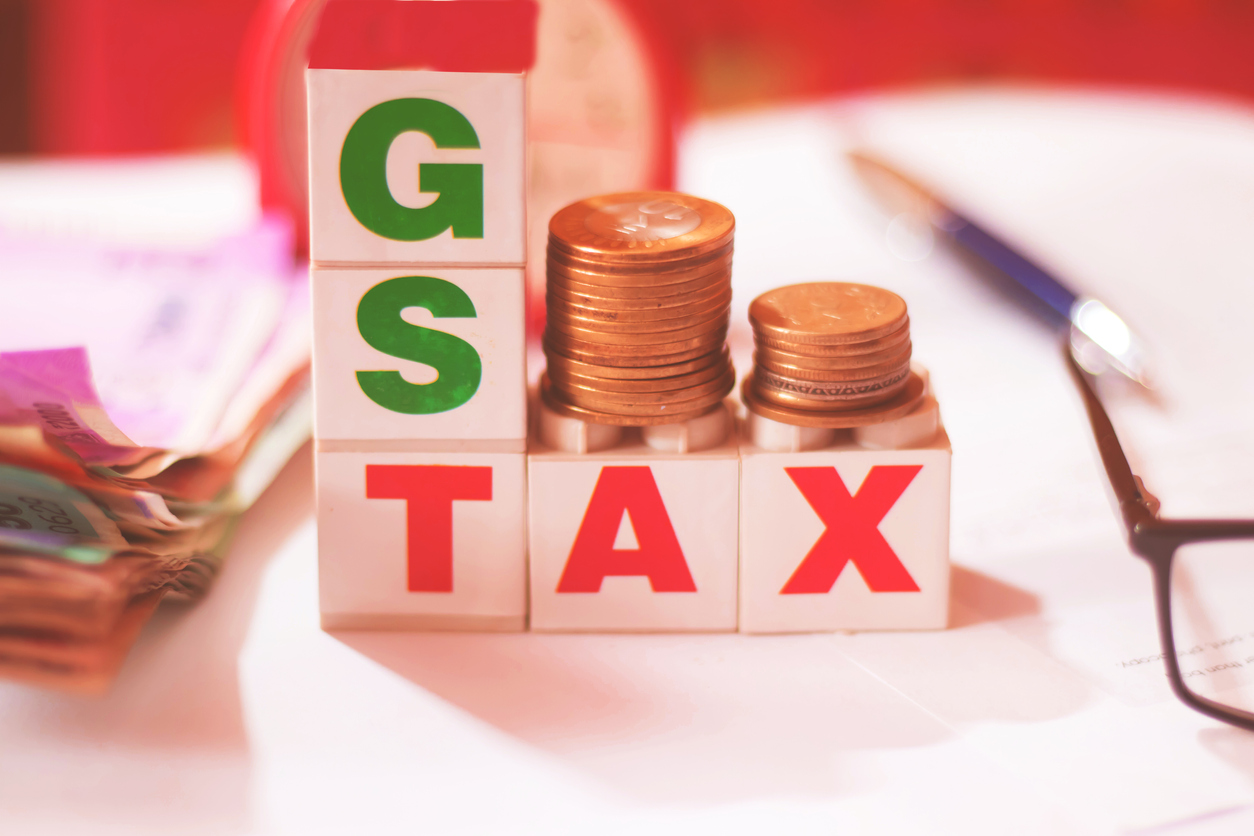
September 22, 2025
Essentials such as milk products, staples, edible oils, dry fruits, fertilisers, healthcare items and books have seen steep tax cuts or exemptions
Consumer goods, including footwear, textiles, paper, shampoos, electronics and small cars now attract lower GST rates
Luxury cars, large motorcycles, aerated waters with sugar, coal and gambling-related services will face higher rates of up to 40%
Automakers, FMCG majors and dairy companies have already announced price cuts, promising savings for consumers

Prime Minister Narendra Modi’s Independence Day promise of a “Diwali gift” has materialised with the launch of a simplified Goods and Services Tax (GST) regime. From 22nd September 2025, GST will have only two primary slabs, 5% and 18%, in place of the earlier four. Luxury and sin goods will now attract a direct 40% levy.
The reform, announced by Finance Minister Nirmala Sitharaman on 3 September, is billed as the next generation of GST changes. It comes eight years after the tax was first introduced by merging central levies such as excise duty with state taxes like VAT. The new system eliminates the 12% and 28% brackets, redistributing most goods into lower slabs or the new top rate.
Everyday essentials will get cheaper under the new system. Milk products such as UHT milk will now be tax-free, while butter, ghee, paneer and cheese move from 12% to 5% or nil. Staple foods like pasta, biscuits, chocolates, cornflakes, dry fruits, sugar, edible oils, packaged meats, and even aerated waters without sugar have been brought down to 5%. Indian breads such as chapati and parotta will now be exempt from GST altogether. Fertilisers, seeds, and crop nutrients also move into the 5% bracket.
Healthcare and education have seen major reductions. Life-saving drugs, medical devices and key educational services, including books, now face either no GST or just 5%. Consumer goods such as footwear, textiles, shampoos, paper, washing machines and televisions will also be cheaper, having shifted to lower slabs. Small cars and motorcycles up to 350cc move from 28% to 18%, while auto parts now face 18%. Life and health insurance policies will attract no tax. Hotel tariffs, flights, renewable energy devices, and sports goods have also become cheaper.
By contrast, luxury and sin items are set to cost more. Cigarettes, pan masala, gutkha, and other tobacco products remain heavily taxed, but the valuation base has been shifted to retail sale price to tighten compliance. Aerated waters with added sugar, coal, larger motorcycles, luxury cars, gambling services, and even IPL tickets will attract the new 40% rate. Restaurants operating in certain premises will lose their option to pay 18% with input tax credit, raising their costs.
Major companies have already announced price cuts. Automakers, including Toyota, Maruti Suzuki, Hyundai, Tata, Honda and Mahindra, plan to pass on benefits, with Toyota’s Legender model becoming cheaper by up to INR 3.34 lakh. Luxury carmakers BMW and Mercedes-Benz will also reduce prices. FMCG players such as HUL, P&G, and Emami, along with dairy majors Amul and Mother Dairy, have confirmed reductions across product lines.
The government expects the reforms to lift consumption during the festive season. Analysts at Morgan Stanley forecast a broad-based demand boost, particularly for low-income households. SBI Chairman C. S. Setty said the tax cuts would improve affordability, increase disposable income, and expand credit. Industry leaders echoed the sentiment, with CII’s R. Dinesh calling the reform a “virtuous cycle of growth.”
Finance Minister Sitharaman said the move would inject around INR 2 lakh crore into the economy, stressing that the reform was possible only because of cooperation between the Centre and states. Calling GST one of India’s most important reforms, she said the new structure simplifies compliance, reduces ambiguity, and promotes growth.
Source: Economic Times